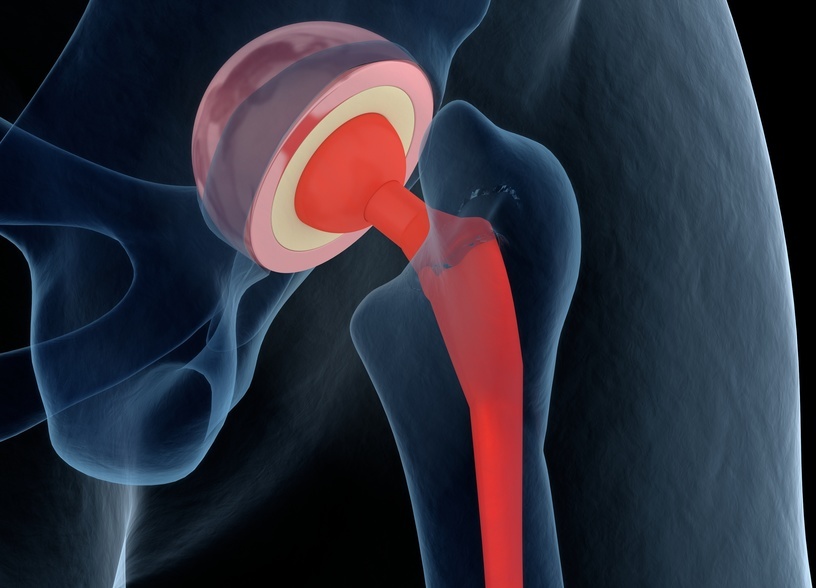Is Hip replacement right for you?

If you are experiencing pain and discomfort in one or both of your hips, you might be considering hip replacement surgery. You are not alone; there are a growing number of people undergoing hip replacement surgery in Australia each year.
However, choosing to have a hip replacement, even if it does help reduce your pain and allow you to do get moving again, can be a difficult decision to make.
Like any treatment option, there are pros and cons to having hip replacement surgery and to not having surgery. We’ve shared a few of them below to help guide your choice.
Having hip replacement surgery
|
PROS |
CONS |
|
· Your quality of life will improve and you’ll be able to live pain-free. · Your mobility will improve. · You will be able to walk, swim, play a round of golf and get moving again. · Some research suggests that having a total hip replacement can reduce mortality, heart failure, depression and diabetes rates. |
· As is the case for any major surgery, there is a risk of infection or blood clots. You are most at risk if you have heart disease, diabetes that’s not well controlled, or a weak immune system. · In rare cases, your implant may become loose or dislocated, however robotic-assisted surgery has minimised that risk. · Implants don’t last a lifetime. · Your new, artificial hip will have a more limited range of movement than your natural hip. Your Physio will teach you how to move your new hip, without causing injury to it. |
Not having hip replacement surgery
|
PROS |
CONS |
|
· You can function adequately by accessing non-surgical treatment to ease inflammation and pain and support function. · If you have existing conditions, diseases or habits (such as smoking), your doctor may advise you to take the non-surgical route. · No risks associated with surgery. · Physiotherapists can help to strengthen the muscles around the hip to improve mobility. |
· You will continue to experience pain in your hip joint, which may hold you back from doing some activities. · You will need to change your lifestyle to avoid activities that exacerbate pain. · You will experience limited mobility in your hip. · The greatest risk to delaying surgery is the further deterioration of joint tissue or progression of joint disease. |
It’s important to consider all of your options before choosing whether or not to undergo hip replacement surgery.
Dr Stuart MacKenzie is one of the top orthopaedic surgeons in Newcastle and the Hunter and has extensive experience helping people to get moving again through robotic-assisted hip replacement surgery.
1 Sep 2017
Published by Stuart MacKenzie